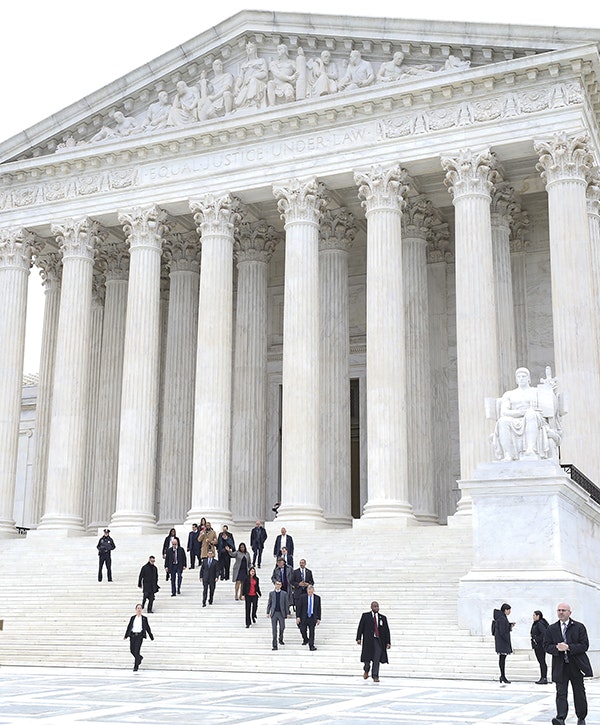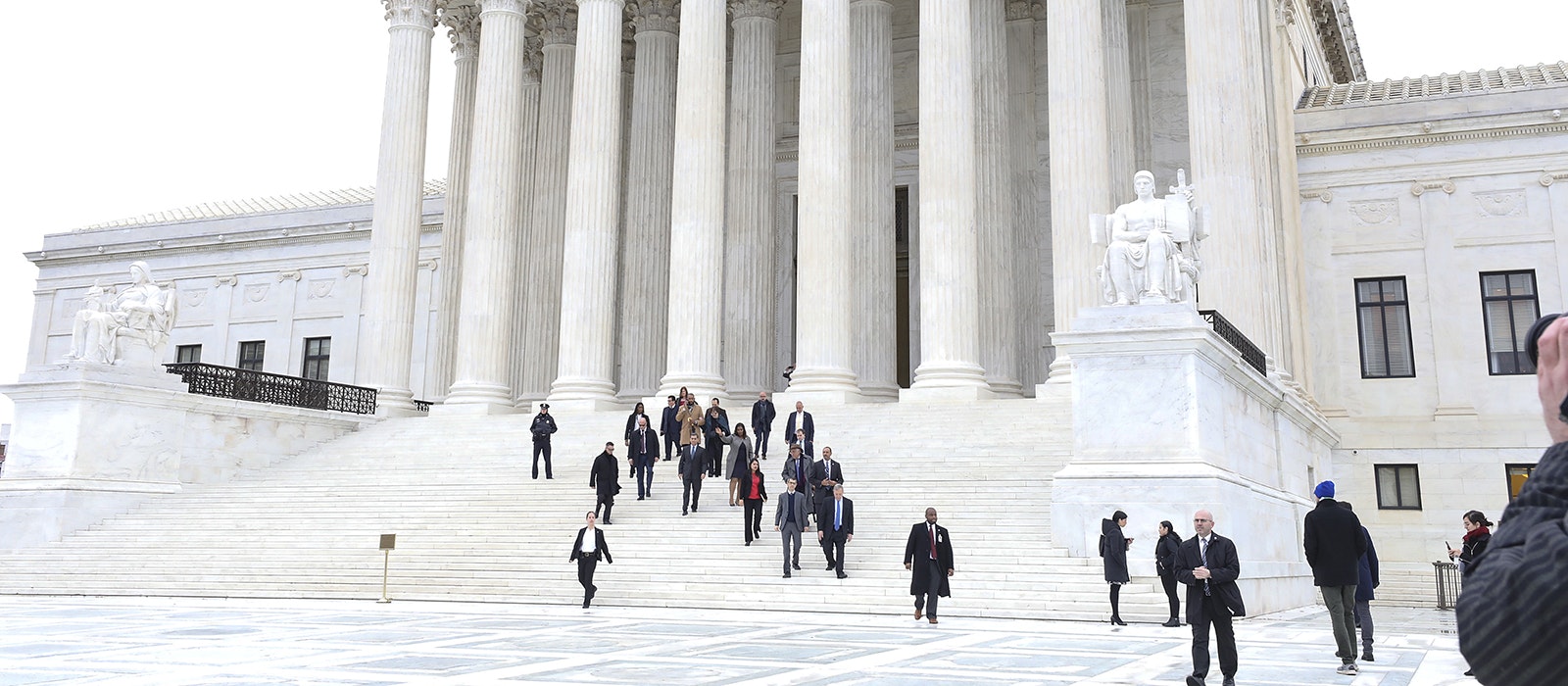DACA has been in legal limbo for many years
For more than half a decade, DACA has faced protracted litigation that has created overwhelming uncertainty for current recipients, and has prevented the government from processing requests from new applicants.
The legal odyssey began in 2017 when then-Attorney General Jeff Sessions announced that the Trump administration was ending the DACA policy. Several lawsuits were filed to keep DACA in place, and federal judges decided in their favor, determining that the Trump administration had violated federal procedure by ending DACA without a formal process. The Trump administration asked the Supreme Court to review the cases; in 2020, the Court issued a 5-4 decision affirming that the Trump administration had not followed the proper procedures. This decision kept DACA in place, though the Court deliberately said nothing about the underlying legality of the policy itself.
Meanwhile, a separate legal challenge was launched by a coalition of Republican attorneys general. They sued the U.S. government, arguing that the DACA policy is unlawful and directly harms their states. The case came before Judge Hanen in the Southern Texas District Court, and in 2021 he sided with the states. Judge Hanen asserted that DACA was illegal because the Obama administration had skirted the formal rulemaking process, and that DACA’s protections went beyond the government’s authority.
Judge Hanen’s 2021 decision prohibited the government from processing new applications, but it allowed current DACA recipients to retain their protections and to file for renewals while the Biden administration went through a new formal rulemaking process to bolster the program.
The Biden administration appealed Judge Hanen’s decision; in 2022, the Fifth Circuit Court of Appeals upheld Judge Hanen’s determination that the original DACA policy was unlawful, but sent the case back to Judge Hanen to consider the legality of the new formal DACA rule issued by the Biden administration. Despite this new rulemaking process, Judge Hanen ruled again that DACA is illegal, and the Fifth Circuit again upheld his decision, while allowing renewals to continue. We are currently waiting to see the next steps in the fight to protect DACA.
The Fifth Circuit determined that the work authorization protections under DACA could be addressed separately from the deportation protections, but limited this decision to the state of Texas, and sent the case back to Judge Hanen to determine how this would happen in practice; Judge Hanen received briefings in November 2025, and could issue an order implementing his ruling in Texas at any time.










